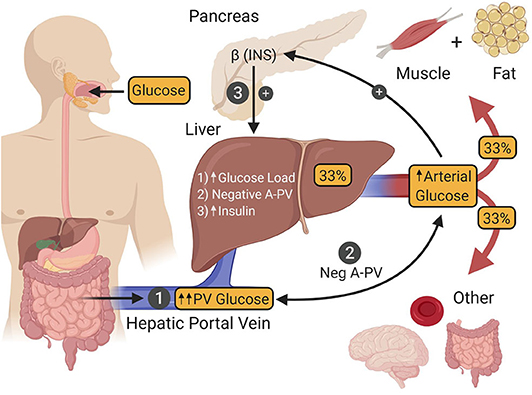
Lifestyle affect the way you metabolise glucose
Exercise maintains a healthy metabolism.
Your muscles benefit from exercise in a number of ways, including improved glucose metabolism3. It increases muscle sensitivity to insulin, which facilitates more bloodstream glucose absorption.
It also stimulates “insulinindependent” absorption, which is the process by which more glucose is absorbed from the bloodstream without the need for insulin. In order to use up more glucose immediately rather than storing it for later, exercise increases the muscles’ immediate energy needs. By encouraging your mitochondria to burn fat, low-intensity exercise helps to prevent muscle fat from building up. Over time, your muscles will require more energy and be able to store more glycogen as you grow them in size. By effectively making your muscles larger “sinks” for blood glucose, you may manage blood glucose levels and reduce the amount of fat that is converted. Stress can cause blood sugar levels to rise and increase fat storage.
One of the primary stress chemicals is cortisol.
You have undoubtedly heard that your body will produce more cortisol when you are feeling stressed out, working under a lot of pressure, or experiencing any other difficult-to-manage stress. One kind of steroid is cortisol, and regrettably, too much of it will probably result in more visceral fat that is difficult to lose rather than a bodybuilder physique. This is partially due to the fact that cortisol stimulates gluconeogenesis4. This hinders the body from breaking down fat and boosts blood glucose levels, which in turn raise insulin levels.